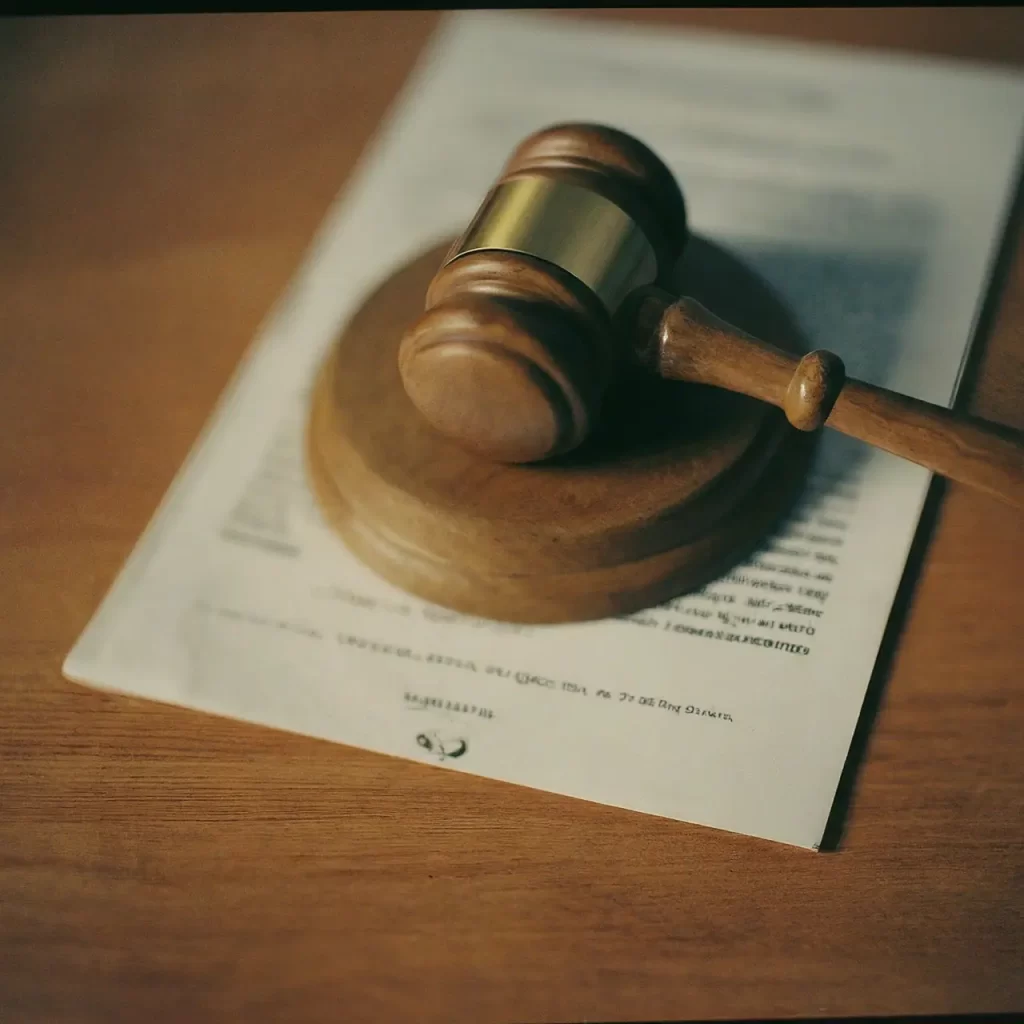Facing criminal charges can be a daunting experience, especially in New Jersey, where the laws and proceedings can be complex. If you find yourself in this challenging situation, it’s crucial to know the steps to take to protect your rights and future. Here’s a friendly guide to navigating the legal waters.
1. Stay Calm and Exercise Your Right to Remain Silent
In the heat of the moment, staying calm may seem impossible, but it’s one of the most crucial things you can do when facing criminal charges. Your emotions might be running high, and anything you say can be used against you in court. It’s essential to remember your right to remain silent. This isn’t just about not incriminating yourself; it’s about taking a moment to breathe and think before you speak. Engaging with law enforcement without legal representation can make the situation more complicated. If you’re unsure of what to say, simply stating that you wish to wait for an attorney before speaking is your best bet.
2. Understand the Charges Against You
Once you’re able to, take the time to fully understand the charges against you. In the complex landscape of New Jersey’s legal system, knowing the specifics of your charges can significantly impact the course of your defense. It’s not uncommon to feel overwhelmed by legal jargon and processes, but breaking down the charges with your attorney can clarify your situation and the potential outcomes. Understanding your charges is the first step towards building a solid defense strategy.
3. Request an Attorney Immediately
The importance of requesting an attorney cannot be overstated. Regardless of the charges, having legal representation is your right. An experienced criminal defense attorney in NJ will offer you the best chance at navigating through the charges you’re facing. They understand the intricacies of the law and can provide guidance and support throughout the process. Don’t delay in securing an attorney, as the early stages of your case can be crucial for gathering evidence and formulating a defense.
4. Limit Your Communication About the Case
In today’s connected world, it’s essential to be mindful of who you talk to and what you share about your case. Discussing your charges on social media or with friends and family can inadvertently harm your defense. Your attorney should be the only person you discuss the details of your case with. They’re there to protect your interests and will advise you on what information can and cannot be shared. Remember, anything you say outside of this confidential relationship can be taken out of context and used against you.
5. Gather Evidence and Document Everything
Collecting evidence might seem like a daunting task, but it’s an essential part of building your defense. Documenting interactions, gathering physical evidence, and taking notes can all contribute to a stronger case. In criminal defense, details matter. The more evidence you can provide to your attorney, the better they can understand your situation and defend you. Make sure to include dates, times, and the context for each piece of evidence. This organized approach can make a significant difference in your case.
6. Understand Your Legal Rights in NJ
New Jersey has its own set of laws and procedures when it comes to criminal defense. Familiarizing yourself with your legal rights can empower you throughout the legal process. For example, knowing your rights during an arrest, when being questioned by police, and in court can protect you from making decisions that might negatively impact your case. Your attorney can provide valuable insight into your rights and how to exercise them appropriately.
7. Know the Possible Defenses for Your Case
Every criminal case is unique, which means the defense strategy that works for one person might not be suitable for another. Work closely with your NJ criminal defense attorney to explore all possible defenses available to you. Whether it’s challenging the evidence, witness testimony, or the circumstances of your arrest, knowing your defense options is crucial. Your attorney can help identify the most compelling defense strategies based on the specifics of your case.
8. Follow All Bail Conditions and Court Orders
If bail is granted, it comes with conditions that need to be strictly followed. Similarly, you must adhere to any court orders issued. Violating bail conditions or court orders can lead to further legal complications and might negatively affect the outcome of your case. It’s a sign of respect towards the court and demonstrates your commitment to following the law. Pay close attention to the details of these conditions and orders, and if you’re unsure about anything, consult with your attorney.
9. Prepare for Court Appearances
Court appearances can be stressful, but being well-prepared can help alleviate some of that stress. Dress appropriately for court, as it shows respect for the judicial process. Review your case with your attorney, prepare your testimony, and make sure you understand the proceedings. Your attorney will guide you through what to expect and how to present yourself. Remember, how you conduct yourself in court can influence the judge’s and jury’s perception of you.
10. Consider the Long-Term Implications of Your Decisions
Throughout the criminal defense process, you’ll make decisions that can have long-term implications on your life. From plea bargains to testifying in your own defense, each choice should be weighed carefully. Discuss the potential outcomes and implications of each decision with your NJ criminal defense attorney. They can provide perspective on how a decision might impact your future, helping you make informed choices every step of the way.


